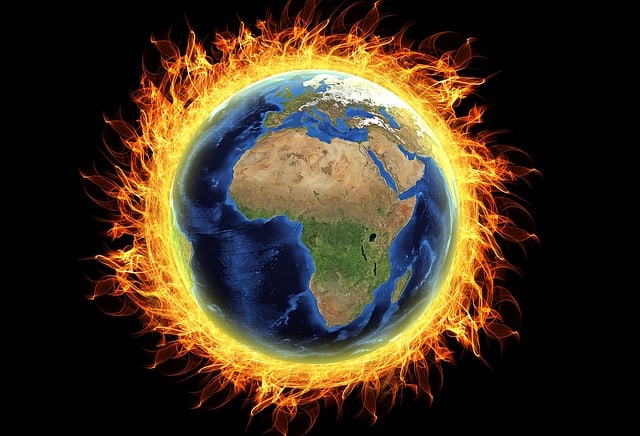2020 tied with 2016 for hottest year on record
January 15, 2021
NASA and the National Oceanic and Atmospheric Administration (NOAA) announced on January 14 that 2020 is tied with 2016 for the hottest year on record thanks to global warming. Both agencies used ocean temperature data from buoys, floats and ships, along with temperatures measured over land at weather stations around the globe, according to Science News.
NASA’s analysis displayed results suggesting that 2020 was slightly hotter, while NOAA’s results suggested that 2016 was slightly hotter. However, the differences between the two temperatures are within margins of error. NASA climatologist Gavin Schmidt of the Goddard Institute for Space Studies in New York City states, “it’s effectively a statistical tie.”
NOAA climate scientist Russell Vose noted that one of the causes of the high temperature was the massive wildfires. Another temperature impact is the ocean-climate pattern known as El Nino Southern Oscillation. The El Nino presence in 2016 year caused a large boost in temperature. However, the La Nina presence in 2020 caused a decrease in temperature. Vose states, “2020 would have been by far the warmest year on record” if an El Nino was present.
When looking at the big picture, these rankings are missing some information. Vose states, “the last six to seven years really stand out above the rest of the record, suggesting the kind of rapid warming we’re seeing.” Vose then goes on to explain how each decade has been warmer than the one before for the past four.




